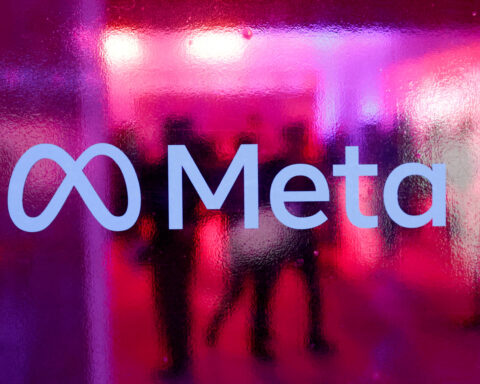 Gemalto (Euronext NL0000400653 GTO), the world leader in digital security, has expanded its LinqUs Facebook for SIM software application to include Facebook Messenger, bringing the popular and fast-growing messaging service to the much wider group of
Gemalto (Euronext NL0000400653 GTO), the world leader in digital security, has expanded its LinqUs Facebook for SIM software application to include Facebook Messenger, bringing the popular and fast-growing messaging service to the much wider group of
all mobile subscribers with any type of handset. LinqUs Facebook for SIM comes pre-installed on the SIM cards of mobile operators offering the service, and requires no data subscription or app download by the end user, delivering convenient and real-time access to the social network using all types of handset. Gemalto’s SIM-based Facebook Messenger is set to help mobile operators tap the tremendous potential of enabling Facebook services for non-smartphone users. As of June 30, 2013, there were more than 800 million monthly active users who use Facebook mobile products.
The new Gemalto solution enables users to message and chat with their friends straight from the phone interface. The app launches automatically when they turn on their handset so they can start chatting immediately. Furthermore each time a new message is received, Facebook for SIM displays an interactive notification on the screen like when receiving a SMS message for increased convenience and a more real-time conversation. The solution also harnesses a protected automatic sign-in capability.
The incorporation of the instant messaging service within Gemalto’s SIM-based solution increases phone usage and helps the network operators to leverage the power of the world’s leading social media brand. Facebook for SIM ensures stronger engagement and stickiness from existing subscribers and greater appeal to new customers.
Facebook for SIM is achieving proven user engagement – on average six times higher than other mobile apps for non-data phones,” said Jean-François Schreiber, Senior Vice President of Mobile Solutions and Services at Gemalto. “The addition of Facebook Messenger will further strengthen its appeal, particularly to the younger generation in rapidly developing markets where people who have a mobile phone widely outnumber those who have Internet access.





